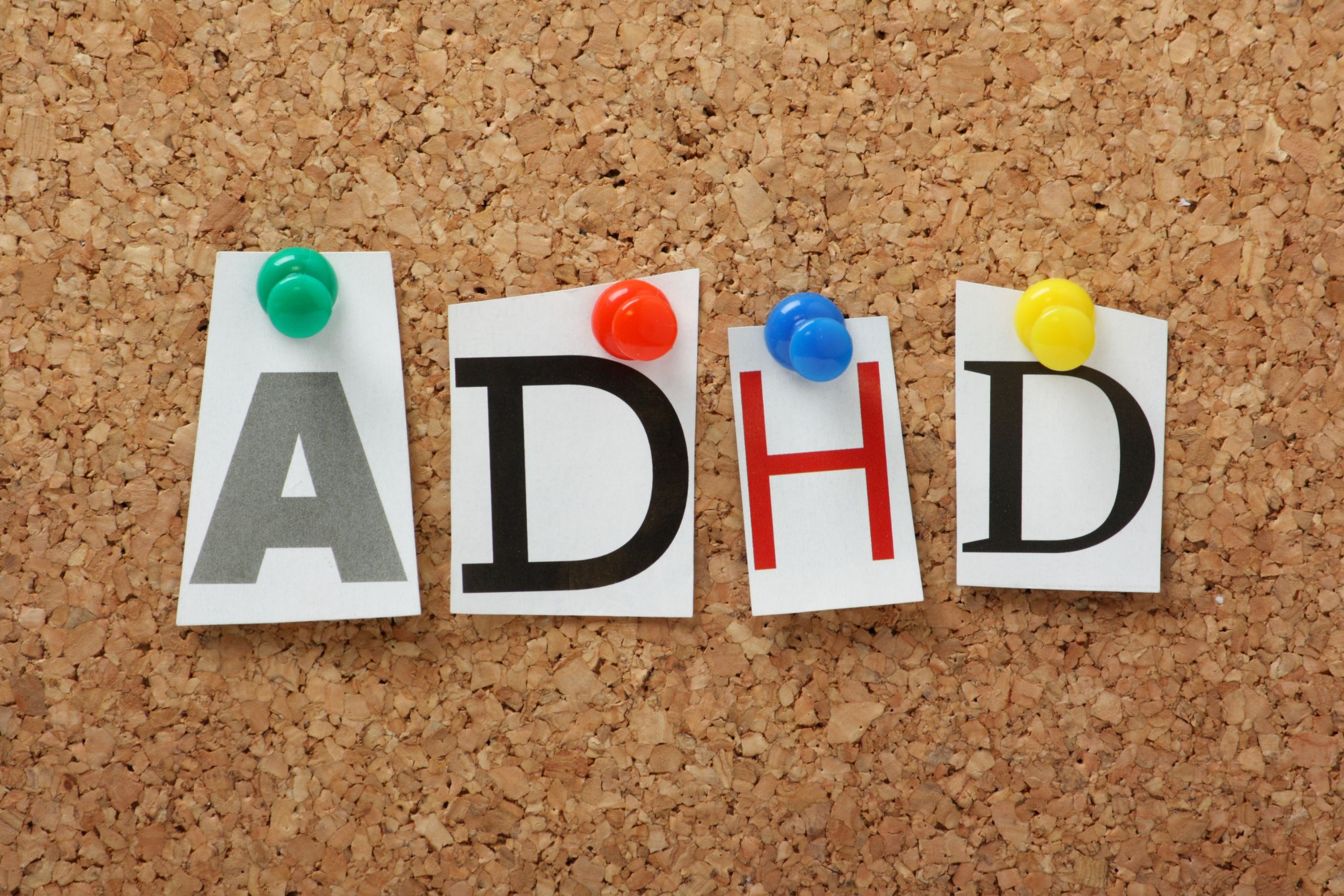There’s no question that attention-deficit/hyperactivity disorder (ADHD) can undermine a person’s ability to make progress in school and in other areas that require sustained focus and effort. However, this condition is included in the fifth edition of the Diagnostic and Statistical Manual of Mental Disorders (DSM-5). So, is ADHD a learning disability or a mental illness?
If you or a loved one are struggling with mental health begin your journey today! Call us now or head to our admissions page to start the process to a healthier, happier life!
What Is ADHD?
To understand if ADHD is a learning disability or a mental illness, it can be valuable to first review the symptoms of this condition.
As its name suggests, attention-deficit/hyperactivity disorder is characterized by problems remaining calm and focused. ADHD is often associated with children, but the symptoms of this disorder can persist into adulthood.
Symptoms
As established in the DSM-5, there are three specifiers for ADHD diagnoses:
-
-
- Predominantly inattentive presentation
- Predominantly hyperactive/impulsive presentation
- Combined presentation
-
To qualify for the inattentive specifier, a child must exhibit six or more of the following symptoms for a period of at least six months, and an adult (age 17 or above) must have at least five:
-
-
- Failing to pay attention to details or making careless mistakes
- Having difficulty sustaining attention
- Appearing not to listen when spoken to
- Not following through on instructions or otherwise not seeing tasks through to completion
- Doing a poor job of organizing tasks and activities
- Avoiding or disliking tasks that demand sustained mental effort
- Frequently losing keys, cell phone, eyeglasses, work or school materials, or other necessary items
- Being easily distracted
- Forgetting to run errands, pay bills, return calls, or complete other daily activities
-
For the hyperactive/impulsive specifier, children must experience at least six of the following symptoms, and adults must have five or more for a period of six months or longer:
-
-
- Fidgeting, tapping fingers or feet, or squirming when required to remain seated
- Leaving their seat during class or work meetings, or at other times when it is inappropriate to do so
- Feeling or exhibiting a sense of restlessness
- Being unable to engage in leisure activities quietly and unobtrusively
- Appearing to be always “on the go” and unable to remain in one place for long
- Talking excessively
- Blurting out answers preemptively, completing other people’s sentences, or interrupting others during conversations
- Having difficulty standing in line or waiting for their turn
- Intruding on conversations or using items that belong to others without asking them first
-
These symptoms will occur in at least two distinct environments (such as school, work, or home), and they will prevent a person from functioning to their full potential. Though an individual may not be diagnosed with ADHD until late adolescence or adulthood, several of these symptoms will typically have been present before the person reached age 12.

Prevalence
According to the National Institute of Mental Health (NIMH), the lifetime prevalence of ADHD is 11% among children, 8.7% among adolescents ages 13-18, and 8.1% among adults.
Within all age groups, boys and men are diagnosed with ADHD at a higher rate than girls and women are.
Is ADHD a Learning Disability or a Mental Illness?
So, having established the types of symptoms that a person with ADHD may experience or exhibit, let’s turn our attention back to the question at the top of this post. Is ADHD a learning disability or a mental illness?
According to both the Attention Deficit Disorder Association (ADDA) and the Learning Disabilities Association of America (LDAA), ADHD is not a learning disability. However, both organizations note that ADHD can impair a person’s learning capacity, and students who have this disorder may qualify for various types of support services.
- The ADAA clarifies that ADHD is not considered to be a learning disability because its symptoms do not affect “specific academic skills.” For example, while ADHD can make it difficult for a student to stay organized and remain on task, it does not directly impair their ability to actually solve math problems or extract information from a text.
- The LDAA reports that children with ADHD may be eligible for specialized education services under the Individuals with Disabilities Education Act (IDEA) – but they note that IDEA places students with ADHD in the “other health impaired” category, not the “specific learning disabilities” category.
- The LDAA also reports that an estimated 30%-50% of students with ADHD also have a co-occurring learning disability. This means that many students with ADHD can qualify for learning disability support services, but this is due to their co-occurring condition, not the ADHD itself.
As for the other part of the question (is ADHD a mental illness?), reputable sources such as the American Psychiatric Association (APA) and the Mayo Clinic confirm that yes, it is. It may also be accurately described as a psychiatric condition or a neurodevelopmental disorder.
To summarize: Is ADHD a learning disability? No. Is ADHD a mental illness? Yes.
Learn More About ADHD Treatment in Atlanta
If ADHD has been preventing you from living the productive and satisfying life you desire, New View Wellness is here to help.
Our ADHD treatment center in Atlanta, Georgia, offers customized outpatient care for adults and adolescents. We provide age-specific programming at both the partial hospitalization (PHP) and intensive outpatient (IOP) levels, as well as a virtual IOP for those who cannot travel to our facility.
In each of these programs, you can expect to receive evidence-based services and close personal support from a team of highly skilled professionals. We understand how disruptive untreated ADHD can be, and we are committed to developing the focused solutions that will put you on the path toward a healthier and more hopeful future.
To learn more about how we can help you or a loved one, or to schedule a free assessment, please visit our Contact page or call us today.

